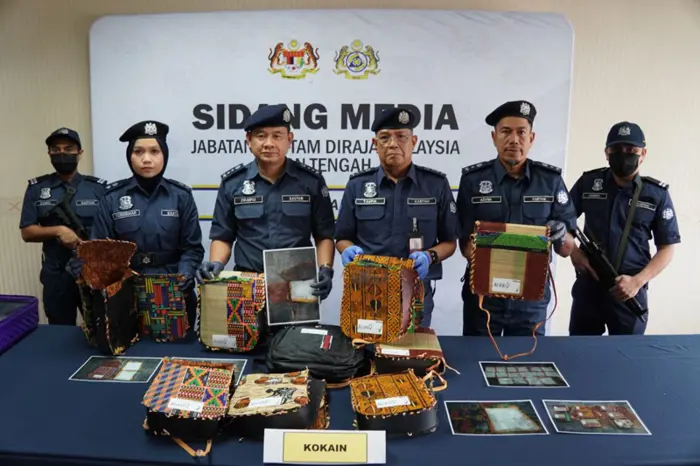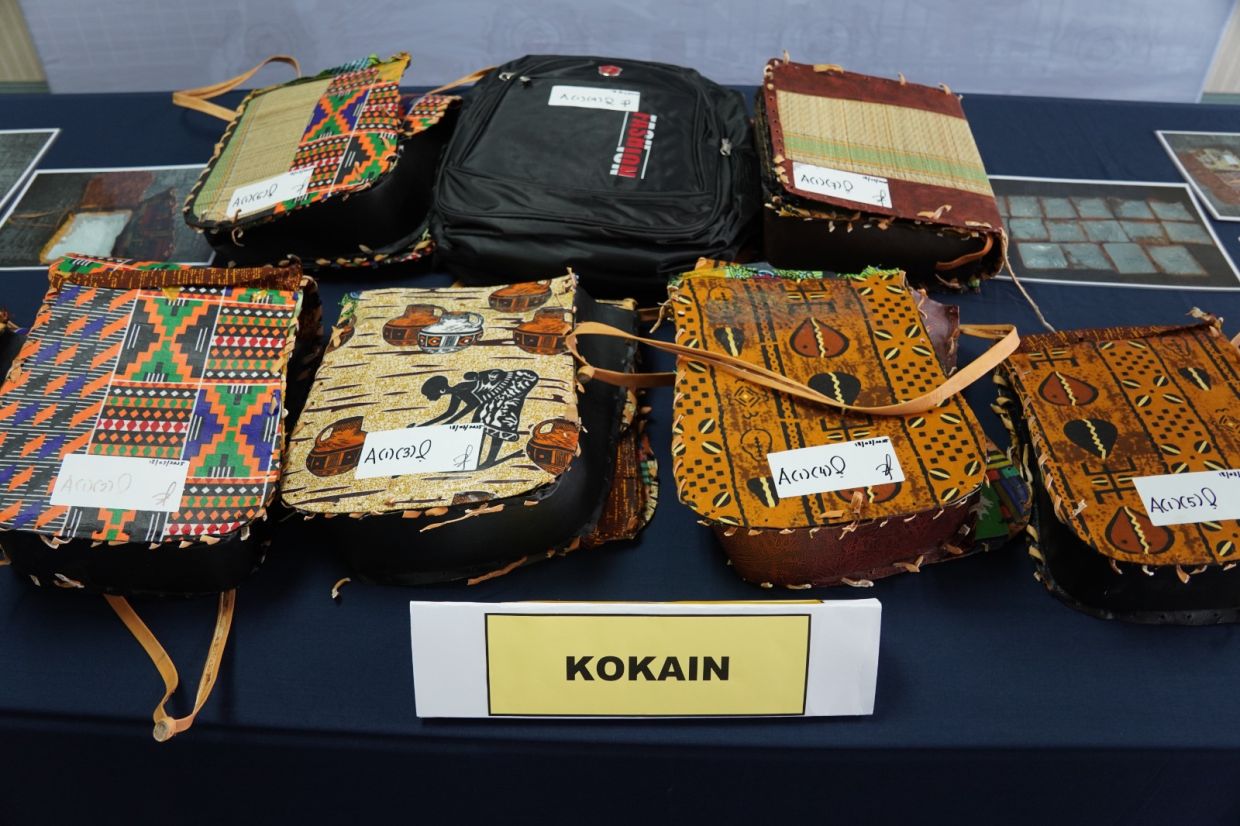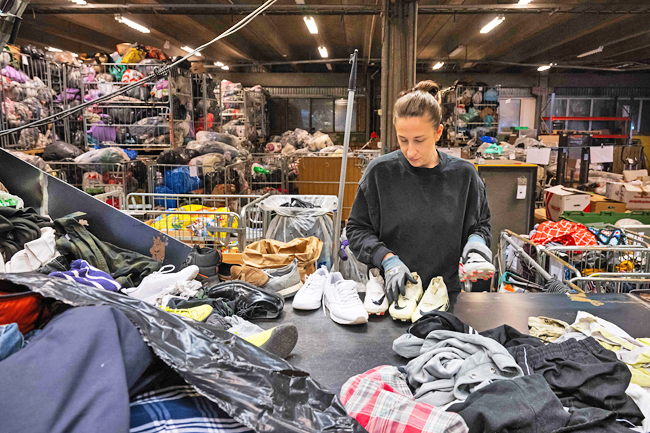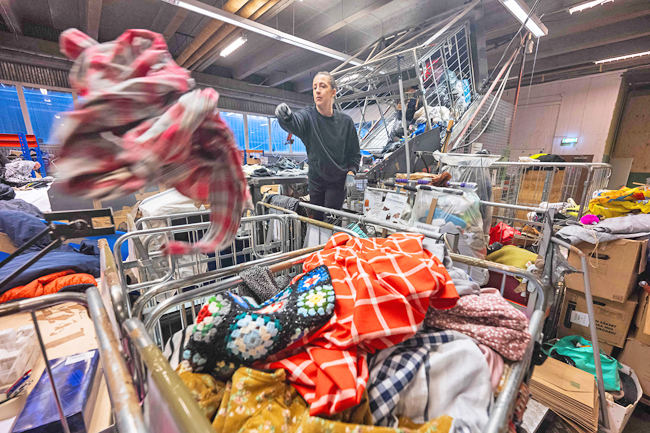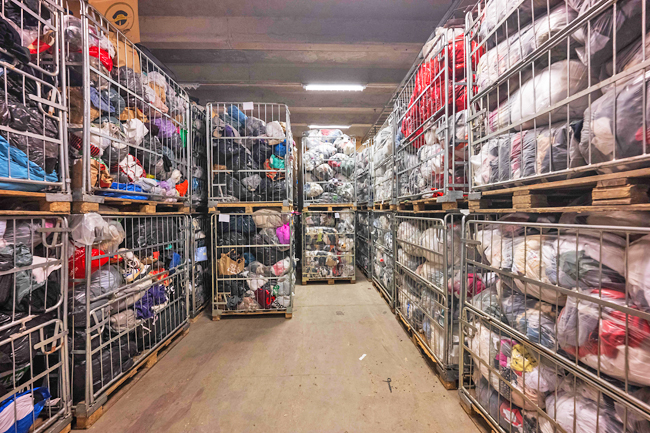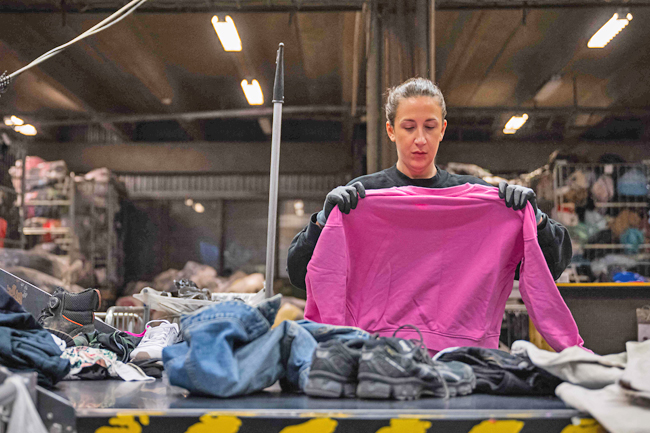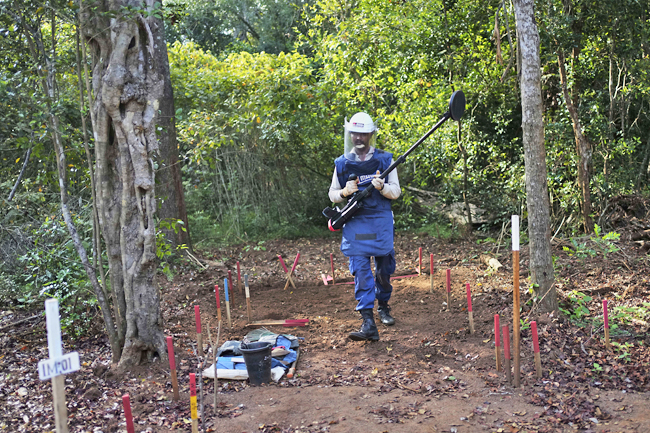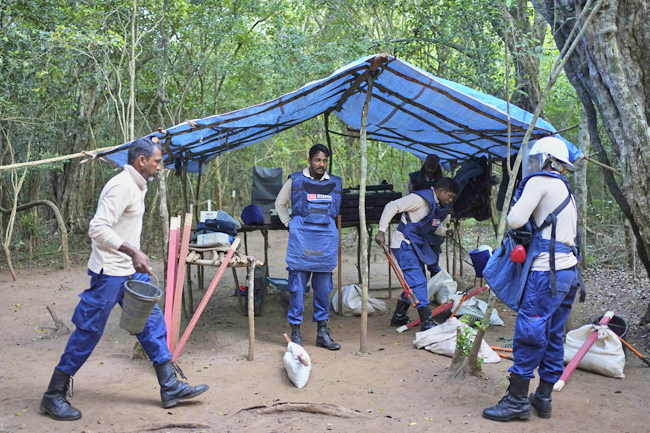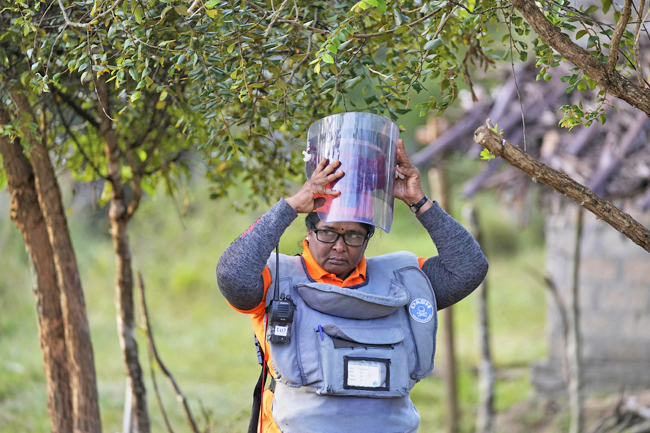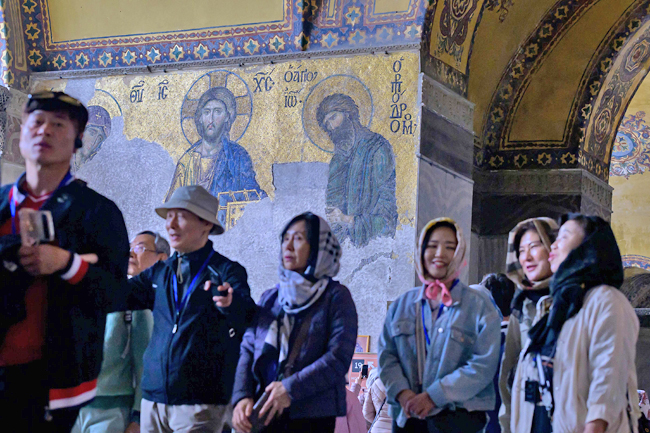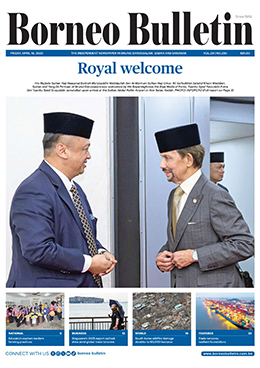UTICA, New York (AP) — Ten New York prison guards were charged Wednesday in connection with the fatal beating of a 22-year-old inmate last month — including two charged with murder. It’s the second time a group of correctional officers in the state was indicted for a death behind bars this year.
Messiah Nantwi, a prisoner at the Mid-State Correctional Facility, died March 1 from injuries he sustained in a series of beatings by guards that began in his room and continued even when he was lying handcuffed on the floor of the infirmary, the indictment says.
Six of the officers charged Wednesday were accused of assaulting Nantwi, while the other four were accused of participating in a cover-up that included filing false reports, plotting to plant a makeshift knife and cleaning up blood in Nantwi’s room in an effort to destroy evidence. All entered not guilty pleas.
Nantwi’s death came several months after Robert Brooks was fatally beaten at the Marcy Correctional Facility just across the street from the Mid-State prison. Six guards have pleaded not guilty to murder charges in Brooks’ death and other prison employees have been charged.
The Utica-area facility was one of many state prisons struggling to function during a three-week wildcat strike by guards upset over working conditions, which forced the governor to send in National Guard troops to maintain operations. Incarcerated people and their advocates complained that services and conditions deteriorated during the walkout, while the indictment notes the guards had little training on how to deal with prisoners.
Mid-State guards Jonah Levi and Caleb Blair are charged with second-degree murder. They and three others — Thomas Eck, Craig Klemick and Daniel Burger — also are charged with first-degree manslaughter. Two sergeants, Francis Chandler and David Ferrone, are charged with second-degree manslaughter, accused of doing nothing to stop the assaults while supervising.
Levi and Blair were part of an emergency response team called to Nantwi’s room to help National Guard members, the indictment says. At a news conference after the hearing, Onondaga County District Attorney William Fitzpatrick said the inmate drew the Guard members’ concern when he interjected into another inmate’s effort to obtain medication and was resistant to a prisoner headcount.

Fitzpatrick said the situation had resolved itself by the time the response team arrived, but the correctional officers spoke with the Guard members for only a few seconds before entering Nantwi’s room.
Nantwi’s hands were raised when the officers first entered the room but he objected to being handcuffed for no apparent reason and grabbed a guard’s vest, the indictment says. Several guards immediately rained blows on his head and body using their fists, batons and boots, the document says. The attack intensified when Nantwi bit Blair and Eck on their hands well after guards began assaulting him, according to Fitzpatrick and the indictment.
Nantwi became unresponsive and guards transported him toward the infirmary, but he was assaulted a second time in a stairwell and “dumped in a holding cell at the infirmary and further assaulted” by Blair, the indictment says.
Fitzpatrick added that guards on the team were not wearing mandated body cameras, while others working there either turned off their cameras or “simply looked the other way.”
Guards met a local diner the next morning to develop and coordinate a false narrative, an attempt at an “amateurish and ineffective” cover-up, Fitzpatrick said.
Part of the cover-up involved taking a weapon that had been confiscated in an unrelated incident and planting it in Nantwi’s room, the indictment alleges. Ferrone was caught discussing the weapon on a bodycam hanging up in the men’s room at the infirmary, it says. When he spotted the camera, he “uttered an expletive.”
In addition to the 10 guards, six other correctional officers agreed to cooperate with the investigation, Fitzpatrick said. Two will plead guilty to felonies and four will plead guilty to misdemeanors.
Prison officials said all 10 guards charged Wednesday have either resigned or been suspended without pay.
Gov. Kathy Hochul has ordered the commissioner to begin the termination process for workers involved in Nantwi’s death.



